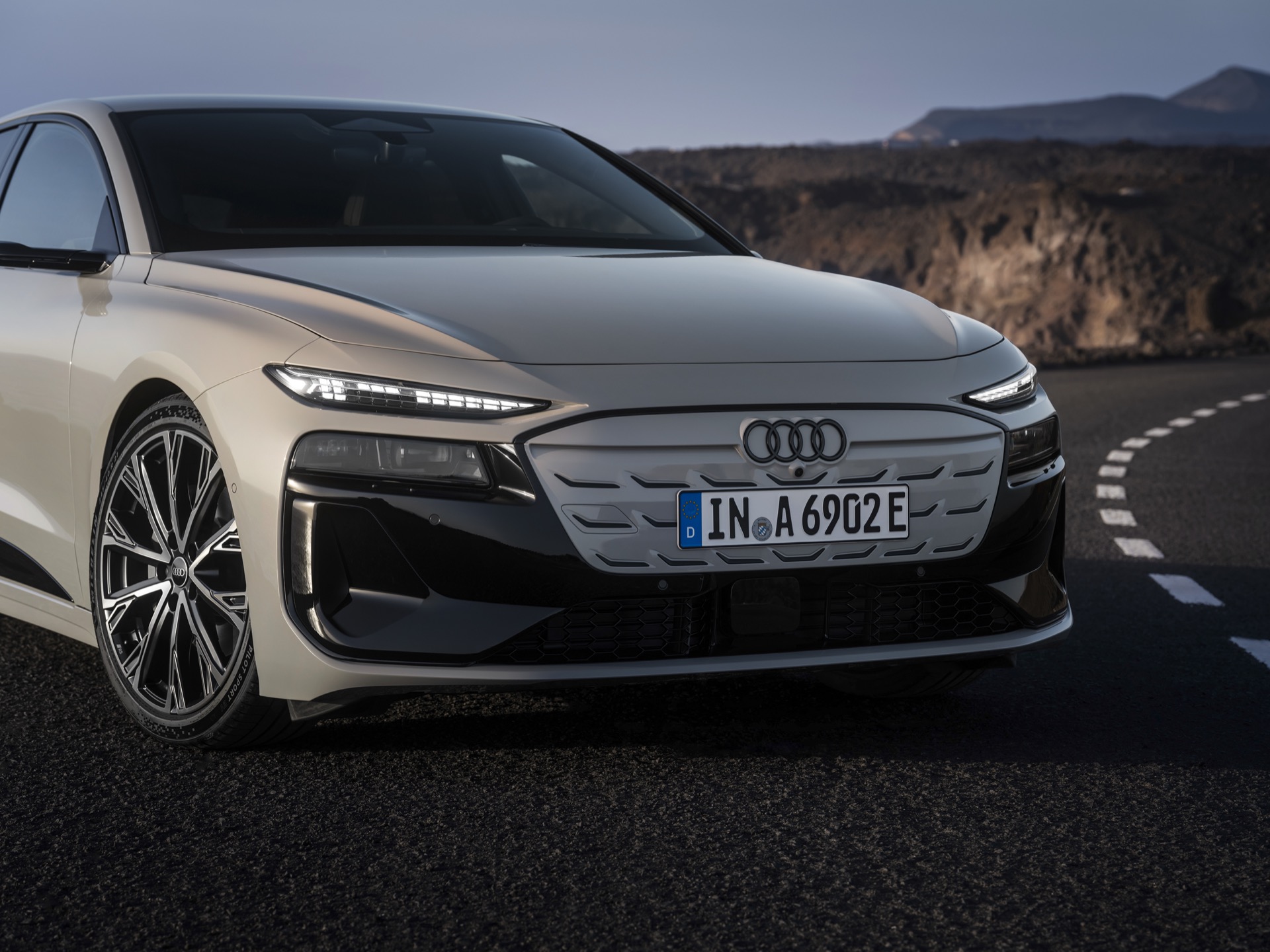Key Takeaways
- Audi is reevaluating its plan to phase out gas engines by 2026 due to slow EV adoption.
- The company reported a nearly 12% drop in global sales for 2024 and plans to cut 7,500 jobs by 2029.
- Increased production in North America is being considered to meet local customer demands and mitigate economic uncertainties.
Strategic Shift in Audi’s Engine Plan
Audi is reconsidering its 2021 commitment to phase out gas engines by 2026, with CEO Gernot Döllner addressing this during the company’s annual general meeting. The reassessment comes as the adoption rate of electric vehicles (EVs) has been slower than anticipated. Döllner noted, “We will manage the production of our last combustion engine vehicles depending on the various developments in the world markets.”
Originally, Audi planned to cease selling gas-powered models by 2033 in most markets after launching its last combustion engine vehicle in 2026. However, this timeline is now under review. The company faced challenges last year, such as the closure of its Brussels plant that produced the Q8 E-Tron, triggered by disappointing sales of the electric midsize SUV.
Other manufacturers, including Mercedes-Benz and Volvo, have also altered their plans to phase out gas engines, extending their offerings into the next decade. Amid these shifts, Audi’s global sales fell by 11.8% in 2024, totaling 1,671,218 units, along with a 38% drop in operating profits to 3.9 billion euros (about $4.3 billion).
To regain market competitiveness, Audi intends to launch over 20 new or updated models in the next two years, including new generations of the A6 and Q3 set for 2025, plus a plug-in hybrid variant of the A5.
In a strategic pivot, Döllner also hinted at plans for increased production in North America, although he did not reference the Trump administration’s tariff threats directly. He stated that the company is exploring options for deeper localization in North America “to be closer to local customers and to make ourselves more resilient to global economic uncertainties.”
Currently, Audi operates a plant in Mexico for Q5 production. There are discussions about potentially sharing capacity with Volkswagen’s facility in Chattanooga, Tennessee, or collaborating with the newly established Scout plant near Columbia, South Carolina. This shift underscores Audi’s aim to adapt to market dynamics and optimize its production strategy while navigating the evolving automotive landscape.
The content above is a summary. For more details, see the source article.















